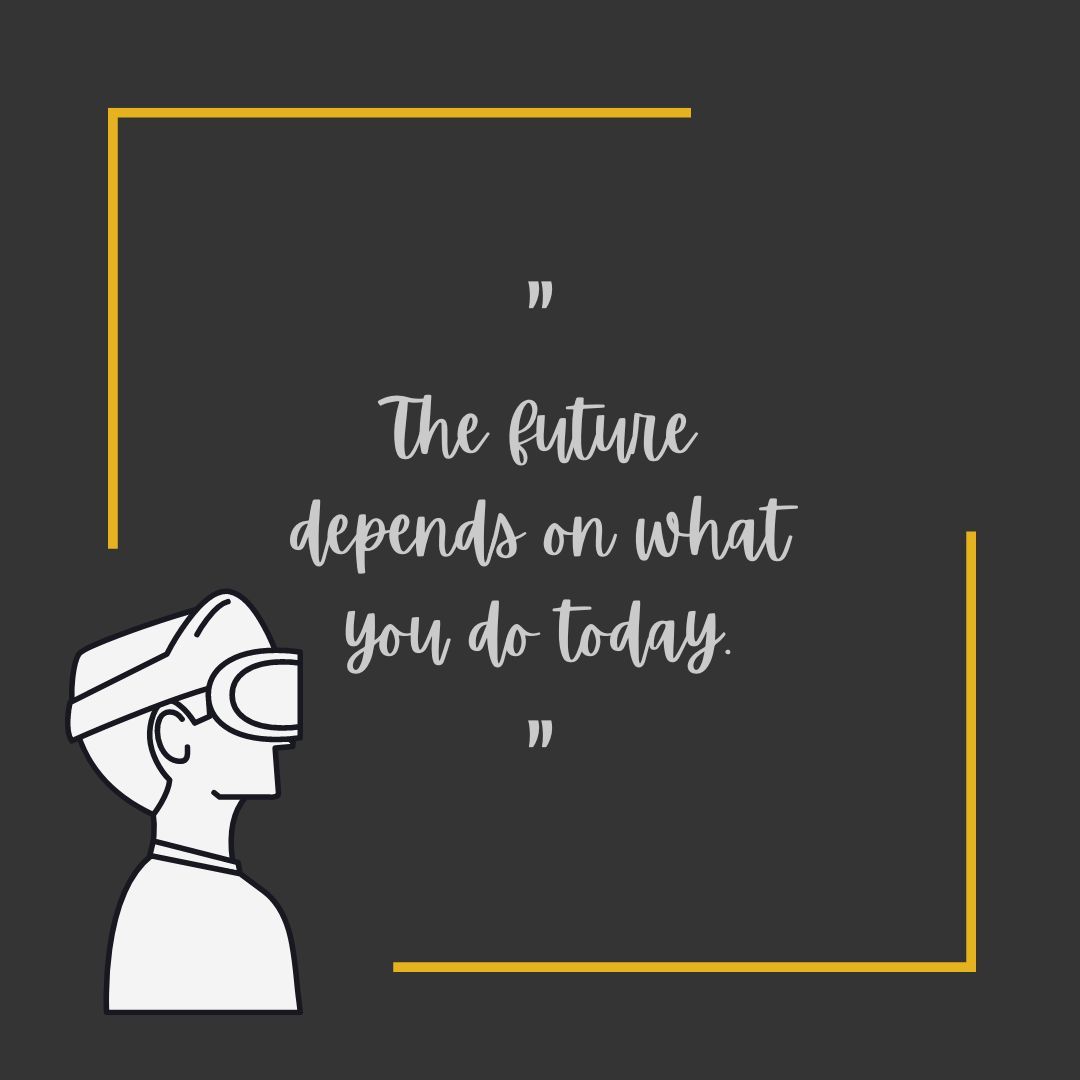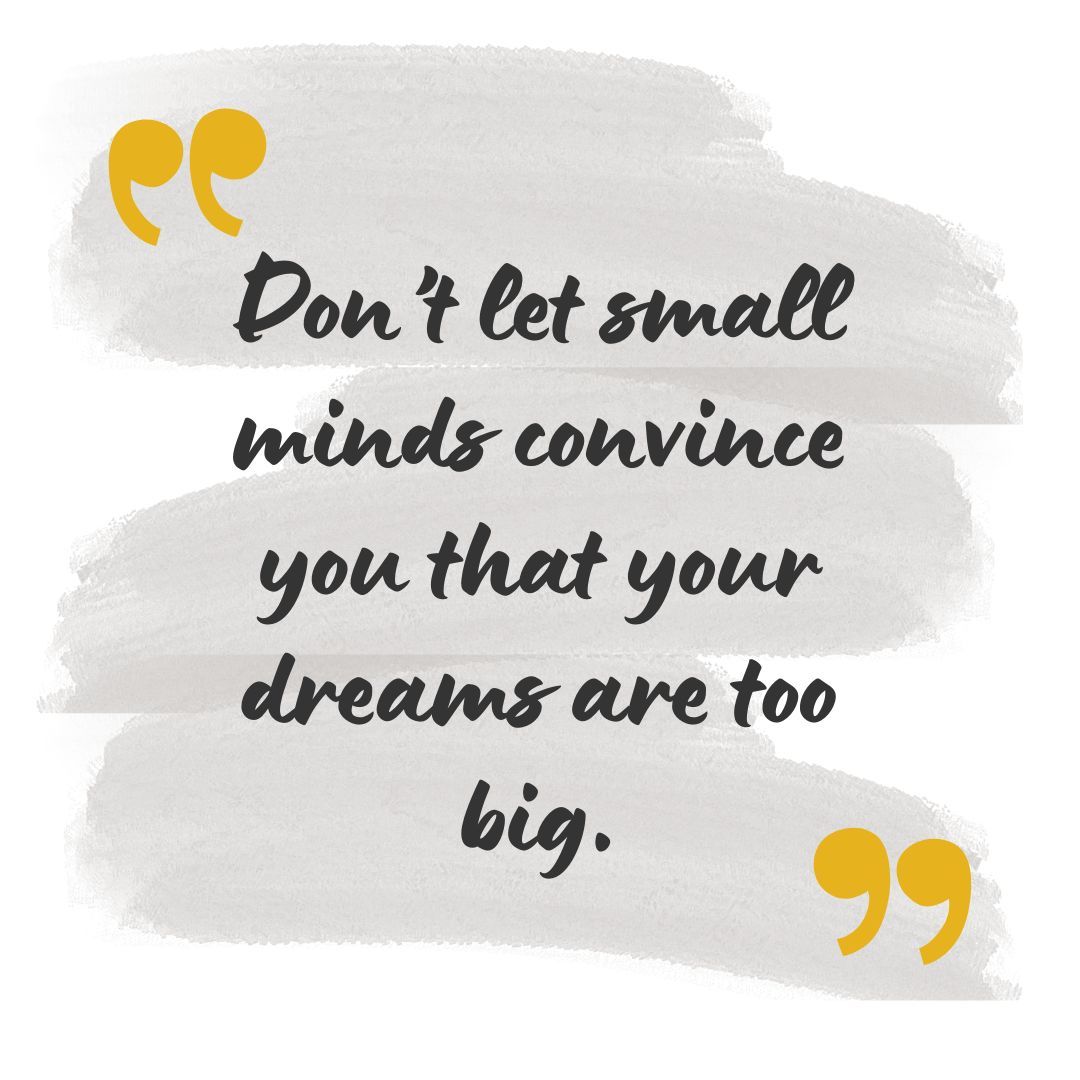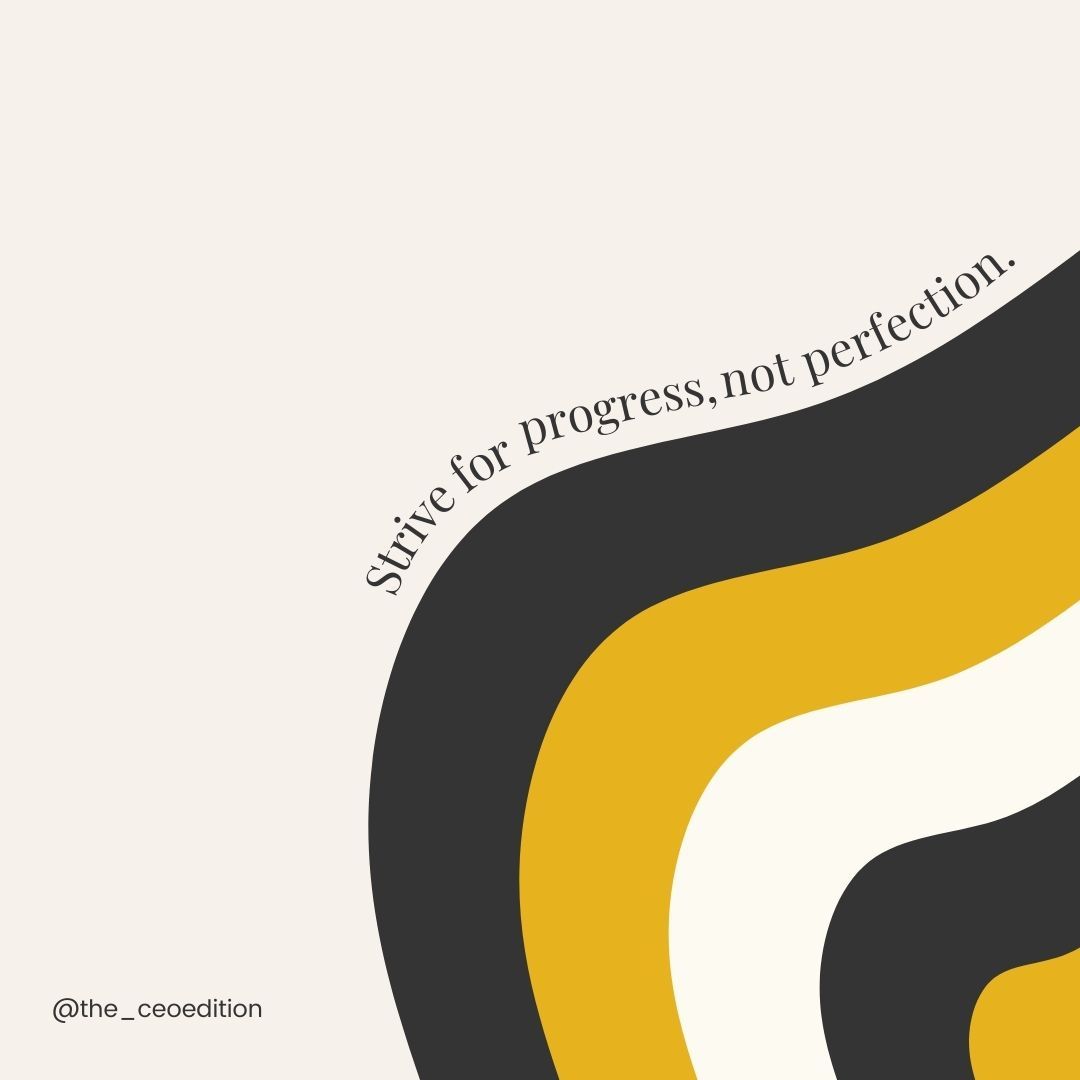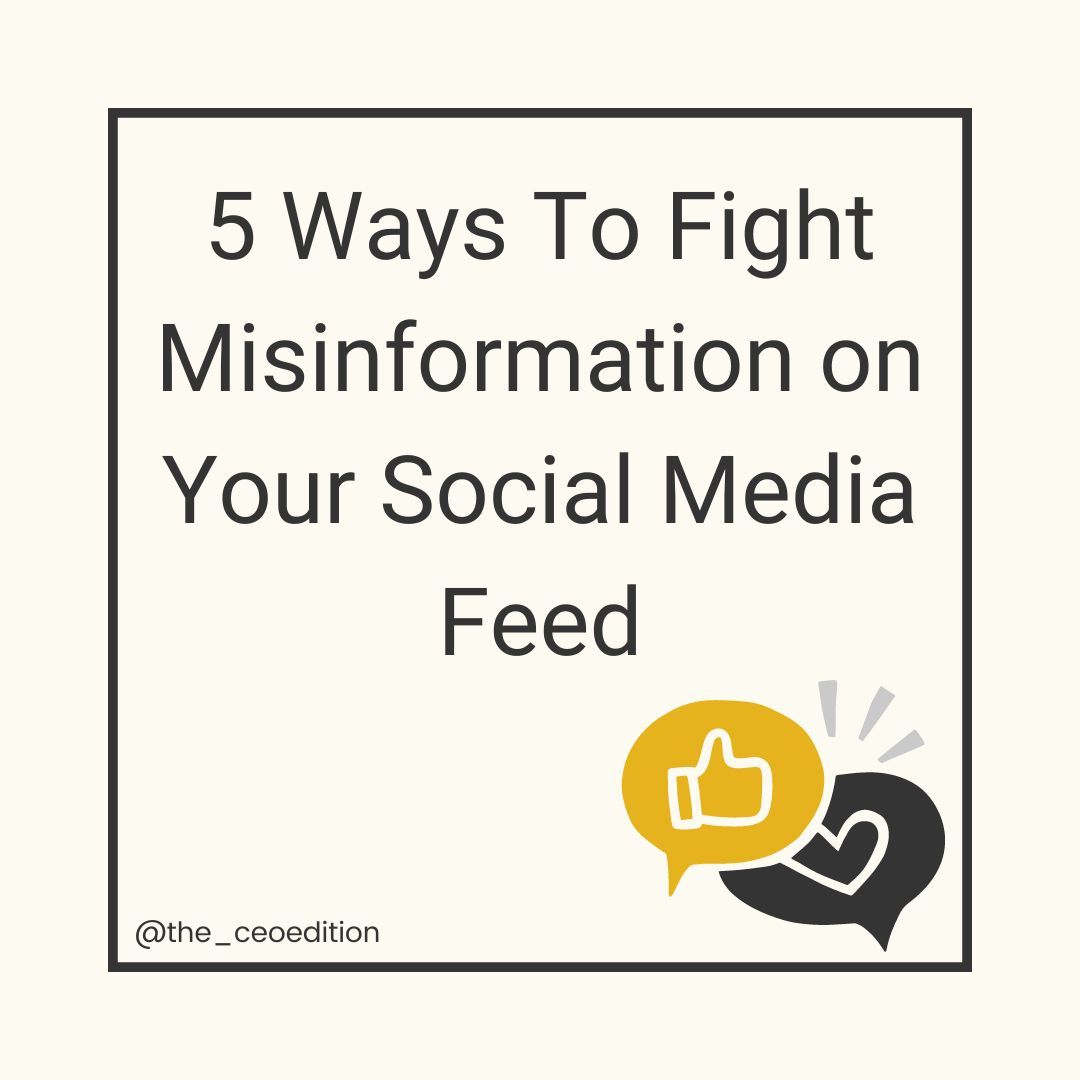Everyone has self-doubt in their career because it’s a natural part of the career journey. However, continuous feelings of insecurity can derail your career. Moreover, you may become stuck in a position that’s below your potential. That’s why overcoming insecurity is a must for career growth.
As revealed by a series of surveys conducted by HBR on over 600 US employees across many different industries, job insecurity may improve specific short-term performance metrics. However, it leaves a serious negative impact on both organizations and employees.
In this article, we’ll discuss every important thing related to insecurity so that you can chalk out a plan of action to get rid of it.
Let’s start with the basics.
What Is Insecurity?
Insecurity refers to a feeling of uncertainty and inadequacy. It leads to anxiety about your ability to handle specific situations, and your goals and relationships. Every person feels a little insecure from time to time.
For many people, feelings of insecurity can get resolved before they leave a lasting, detrimental impact. However, when a person faces generalized insecurity for a significant period, the negative feelings and doubts may have a substantial effect on life.
Insecurity is associated with several mental health conditions. These include anxiety, narcissism, dependent or addictive personalities, and paranoia.
RELATED: How to Reduce Anxiety Immediately
What Causes Insecurity in a Person?
Self-insecurity can come from several causes and may appear in all aspects of life. For instance, it may be generated from patterns of past experience, a traumatic event, local environments like home or work, or social conditioning.
General instability can also trigger insecurity. Unpredictability in regular life may cause insecurity and anxiety about routine, ordinary events. People who experience recurring insecurities may also lack direction in life, have low self-esteem, or have body image issues.
Insecurity may also appear in adults who faced excessive pressure from parents in childhood. This often happens because of the parents’ desire for success instead of their own.
Insecurity can also surface in adults whose significant others force them to excel, often to an abnormal level, irrespective of the individual’s own goals or desires.
The attachment bond (the first emotional relationship of a child formed with its primary caregiver) also plays a crucial role in triggering insecurities. An insecure attachment bond may be developed by an infant from simple loneliness or isolation.
Kids with a self-absorbed or inconsistent parent may also grow up unable to develop lasting emotional connections. These children can be fearful and anxious, not knowing what they should expect from life.
According to studies, people who are involved in domestic violence are more likely to have faced an insecure attachment in their childhood.
For many individuals, intimate relationships may become another reason for insecurity. Individuals who face insecurities in their relationships may also get impacted by attachment insecurity. These persons may interpret the behavior of their partner as negative or hostile.
This tendency may lead them to behave defensively toward their partners. This may intensify relationship conflict or even trigger conflict from a neutral conversation.
How Personal Insecurities Can Affect Career?
Insecurity makes it hard for a professional to make their voices heard and leaves them unable to dissent. It also makes the person less efficient and creative.
When a person with self-insecurity thinks that they’re only as valuable as colleagues and clients judge them to be, it becomes professionally harmful for them.
Insecure behavior like shying away from confrontation or speaking less in meetings is a way of responding to subtle threats and a method of fitting in. That’s the reason these professionals feel alone and work hard.
In a professional setting, signs of insecurity comprise both low performance and perfectionism. Some professionals exhibit insecurity through their inability to recognize progress. And others may let their insecurities inhibit their performance.
Regardless of the group you belong to, chronic insecurity can lead you to doubt your performance. It can also leave you worrying about factors beyond your control like economic depression and inflation.
Why Overcoming Insecurity Is Important For Your Career Growth?
All professionals struggle to embrace their greatness. They look at other successful professionals and think those people understand how to do things in a better manner than them. Eventually, they fall into the trap of comparing their career to others.
When they start comparing, they think they’re heading toward failure when in reality, they aren’t. They simply sabotage their success and start a nasty war with themselves.
When you have a competitive work environment, it’s understandable if you experience insecurity. But a continuous feeling of insecurity will most likely lead you to doubt yourself and damage your work performance. All these will continue increasing your insecurity.
Insecurity issues often interfere with the dreams and aspirations of a professional. The person tends to worry about potential failures and what-ifs. This is partly because the person is trying to protect themselves from disappointment.
However, it’s important to understand that no one is born with insecurities. As mentioned earlier, a feeling of insecurity develops because of a person’s ambitions, past experiences, and cultural or societal norms.
But this doesn’t signify you cannot overcome your insecurities. With motivation and determination, you can become the perfect version of yourself without allowing your insecurities to get in the way.
In the context of professional life, if you want to progress in your career, what matters the most is overcoming insecurities. This is because insecurity is a roadblock to success.
Ways to Overcome Insecurities
It’s too far-fetched to assume that you’ll grow into a secure, motivated, and confident professional overnight. Overcoming insecurity comes with a learning curve that requires your continuous attention.
With that in mind, we’re going to provide you with nine simple yet highly-effective methods to overcome insecurity.
Don’t Compare Yourself to Others in Harmful Ways
Comparison is kind of a double-edged sword. On one hand, it’s useful for identifying areas for improvement and measuring personal progress. It can also be helpful for determining particular elements like salary negotiations at your new job.
On the other hand, comparing ourselves to others sometimes goes out of hand. When you club your sense of self-worth with the way you measure up to others, you’ll soon find yourself heading toward insecurity.
In simple words, you’ll always be in a position to argue that somebody is smarter or looks better than you. Unhealthy comparisons often arise when we start making judgments about others with minimum information.
For instance, you may assume a colleague has a perfect life since they’re successful at work. However, you may not know anything about the person’s failures in other areas.
This becomes especially true in the context of comparing ourselves to other people on social media platforms. On social media, we tend to make assumptions based on just a few snippets of text or photos.
Thoughtfully curated Instagram profiles can conceal a plethora of problems. They can easily make you feel that others are enjoying a perfect life while you’re still struggling.
If you have negative thoughts while looking at the social media profiles of some particular individuals, try to hide their content. This is because there may not be anything productive about comparing your bad moments with other individuals’ good moments.
Learn How to Overlook Bad Criticism and Process Good Criticism
Nobody enjoys being critiqued, but some individuals have a specifically difficult time digesting criticism. It’s quite easy to interpret corrections as judgments rather than useful information on how to improve yourself.
This may become even more difficult when you’ve had a significant experience with negative criticism. Some people provide critiques that aren’t quite specific and don’t have any information on how to better a situation they’re talking about.
Learn to identify criticism that isn’t productive and simply ignore it. However, learning to see constructive criticism as useful rather than judgmental may be a difficult process. One effective method is to keep on reminding yourself that criticism is a tool for professional development.
Make Mistakes
It’s important to understand that being 100% perfect is an unattainable objective. And under the thumb of a perfectionist, silly mistakes are perceived as major failures. Breaking the cycle of insecurity and perfectionism isn’t an easy task.
You need to reframe your thought patterns about mistakes and consider them learning opportunities rather than failures.
You can start by creating a plan for the way you’ll deal with future mistakes. When you’ll feel bad about yourself, try to replace your thoughts with positive ones. Remind yourself that everybody makes mistakes and they’re learning experiences.
However, it’s also important to ensure that you don’t start making excuses for badly executed work. Allowing yourself to fail is only useful if you still try to give your best shot. Otherwise, you’re just delivering poor-quality work.
Seek Healthy Validation
As social creatures, we typically seek validation from other people because of our fundamental need to fit in with others around us. But, with technological advancements and the ability to connect to anybody in the world digitally, some ways of validation can be harmful.
According to recent research, excessive use of social media can lead to poor mental health, low self-esteem, increased sorrow, and heavy seeking of validation through content.
Although social media is an amazing way to connect with others, you need to be aware of its possible negative effects on your mental health.
Ideally, you should start seeking healthy validation from yourself. Start accepting your flaws and limitations. Acknowledge your strengths and be sure to celebrate your progress and success.
Validation from other people isn’t bad, but it may become problematic if you give it excessive power over your insecurities and self-esteem. You need to determine your own value by yourself only.
Set Achievable Goals
When you set goals for yourself, it doesn’t make sense to aim for something that you cannot achieve. You shouldn’t try to fix something that’s outside of your control. Therefore, you should always set realistic goals that you can achieve if you work hard.
Ideally, you should focus on polishing skills that you already have and can implement into your regular routine. Once you achieve these changes, you’ll certainly feel secure and be in a much better position to tackle more difficult areas of your personal or professional life.
Take each day as it appears and remind yourself that progress is attainable regardless of your situation. Simply celebrate your progress and continue focusing on what you want to achieve down the road.
Stay Away From Negative People
One of the vital things that you need to comprehend when overcoming insecurity is that people don’t prefer to hear about them. If anybody tries to tell you that you cannot do certain things or that you aren’t enough, simply avoid or ignore them.
Even though their words may seem painful, they actually aren’t trying to help you. Their main objective is to upset you. And hence, it’s best to shut them out by avoiding or ignoring their comments. Adopting a “letting go” strategy is an effective method to overcome toxic insecurity.
Approach Insecurity with Curiosity
Whenever you feel insecure, try to ask yourself what caused that feeling. Try to spot the specific emotions that you’re feeling and what might have been the reason behind them.
For example, you’re scrolling through social media and see a photo of somebody looking “perfect.” Eventually, you start feeling that you aren’t good enough. You may also become insecure, anxious, or sad.
In these moments, try to remind yourself that you’re worthy and unique and that social media perhaps isn’t serving you well at a particular moment. Then, you can make the choice to put your phone down or exit the app.
You may also consider limiting time on apps that trigger insecurity in you or muting accounts that lower your level of confidence.
Ask For Help If Required
For many people, this is one of the most difficult parts of overcoming insecurity. That’s because the majority of us don’t feel comfortable asking for help. We find it very difficult to admit that we need assistance. As a result, we try to push ourselves extremely hard.
And finally, we sometimes end up starting to hate ourselves for our weak areas.
But the truth is no matter where you live or what kind of job you do or who you’re, you’ve got every right to feel happy. Regardless of the stage you’re in right now, there are still lots of ways to improve the situation.
One effective method is to ask for help from somebody you trust. It doesn’t matter if it’s a family member, friend, or counselor, you’ll surely benefit from having a support system in place.
You’ll get advice whenever needed and they’ll be able to provide you with acceptance while helping you stay away from feelings of insecurity.
Treat Yourself Kindly
When you’re trying to get rid of insecurity issues, it’s important to ensure that you kindly treat yourself. You can obviously become stressed. But you can also have mental peace, exercise, and eat well. These are the things you need to strive toward.
It’s also important not to reward yourself just for a particular goal you achieve. Instead, you should continue rewarding yourself regularly as an individual.
Key Takeaway
Overcoming insecurity may be an ongoing, challenging process. This process involves a major shift in your perspective and a good amount of self-examination.
You should always remember that you can feel insecure from time to time and still be authentic, honest, assertive, kind, empathetic, and curious.
Now that you know what insecurity is and how it can impact your career negatively, start overcoming it with the help of the ways we discussed in this article.















